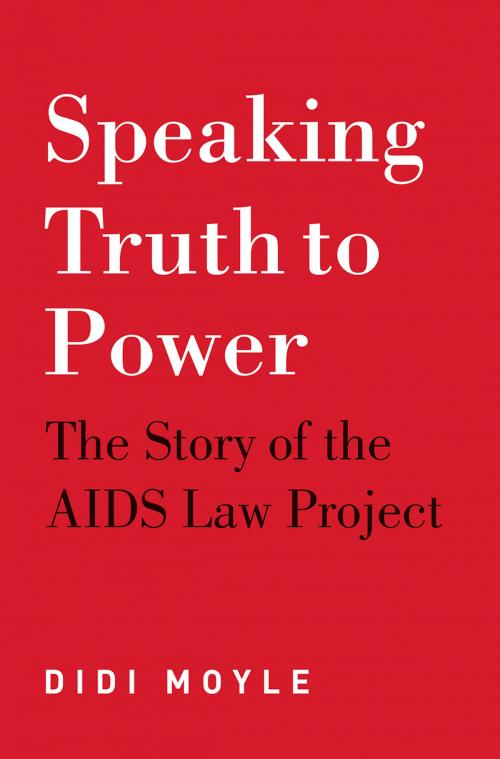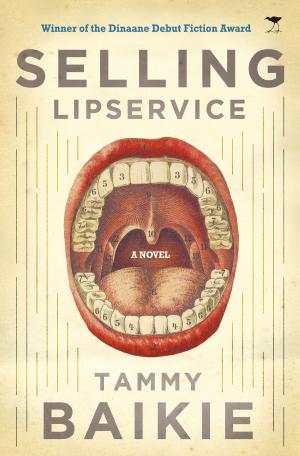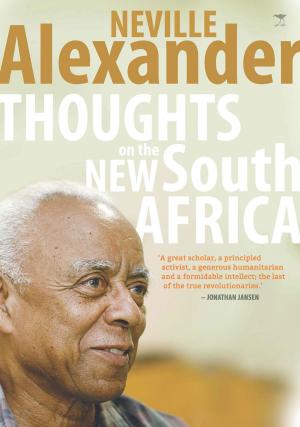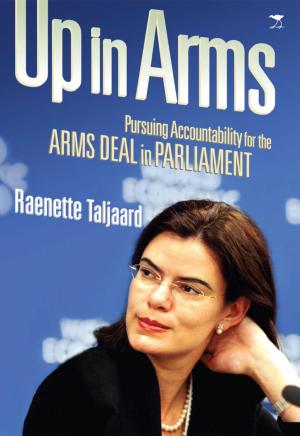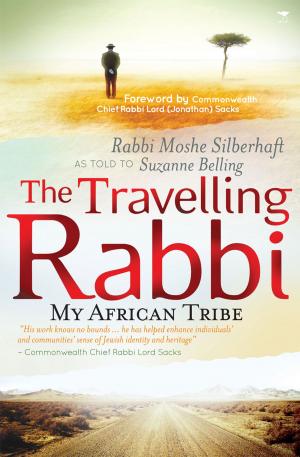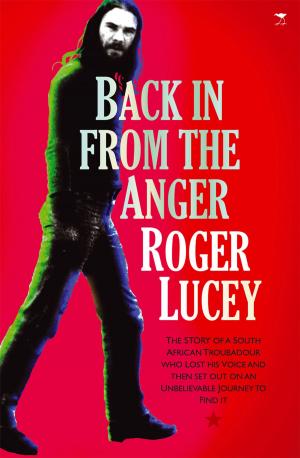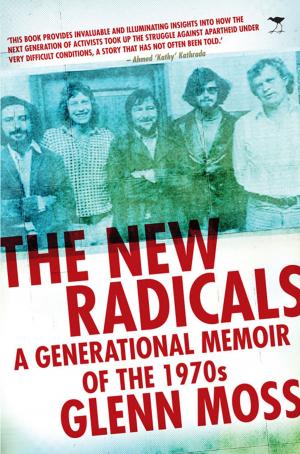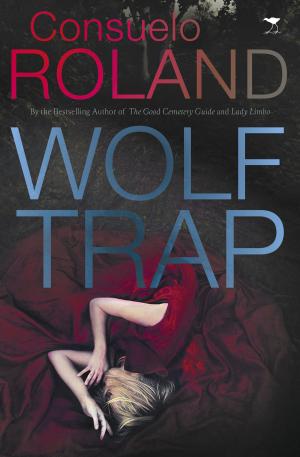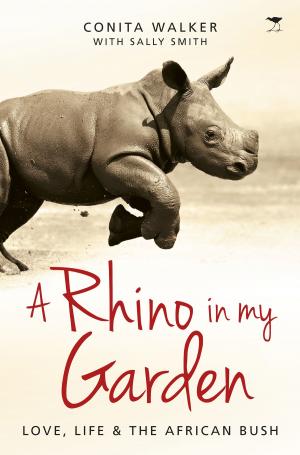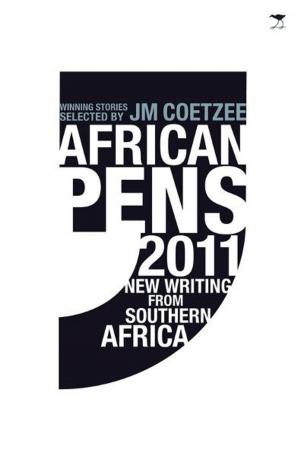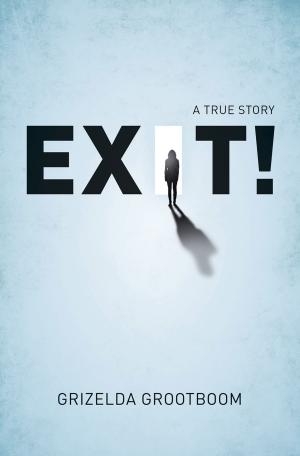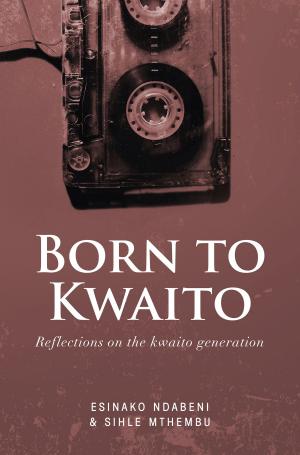Speaking Truth to Power
The Story of the AIDS Law Project
Nonfiction, Health & Well Being, Health, Ailments & Diseases, AIDs & HIV, Social & Cultural Studies, Political Science, International| Author: | Didi Moyle | ISBN: | 9781928232100 |
| Publisher: | Jacana Media | Publication: | June 21, 2016 |
| Imprint: | Jacana Media | Language: | English |
| Author: | Didi Moyle |
| ISBN: | 9781928232100 |
| Publisher: | Jacana Media |
| Publication: | June 21, 2016 |
| Imprint: | Jacana Media |
| Language: | English |
The AIDS Law Project (ALP) is a small legal NGO in Johannesburg that, along with its allies in the Treatment Action Campaign, fought for more than a decade for the rights of people living with HIV/AIDS. Today South Africa has laws that protect the rights of people living with HIV/AIDS and the largest treatment program in the world. The ALP's story is told through their clients and the major legal cases, which form the milestones in this struggle. It is a story about ordinary people who in their own way did some extraordinary things at an exceptionally difficult time. Their clients stood up against prejudice and disinformation because they felt strongly about their rights. For some it was discrimination against themselves; for others it was discrimination against their fellow citizens who were vulnerable because they were living with a disease that had no cure and they were often seriously ill, even dying. People's rights were being violated, but the law gave them a way to reassert them, generating the first resurgence of civil society in postapartheid South Africa. This book is about the power of people and their courage to speak the truth.
The AIDS Law Project (ALP) is a small legal NGO in Johannesburg that, along with its allies in the Treatment Action Campaign, fought for more than a decade for the rights of people living with HIV/AIDS. Today South Africa has laws that protect the rights of people living with HIV/AIDS and the largest treatment program in the world. The ALP's story is told through their clients and the major legal cases, which form the milestones in this struggle. It is a story about ordinary people who in their own way did some extraordinary things at an exceptionally difficult time. Their clients stood up against prejudice and disinformation because they felt strongly about their rights. For some it was discrimination against themselves; for others it was discrimination against their fellow citizens who were vulnerable because they were living with a disease that had no cure and they were often seriously ill, even dying. People's rights were being violated, but the law gave them a way to reassert them, generating the first resurgence of civil society in postapartheid South Africa. This book is about the power of people and their courage to speak the truth.
